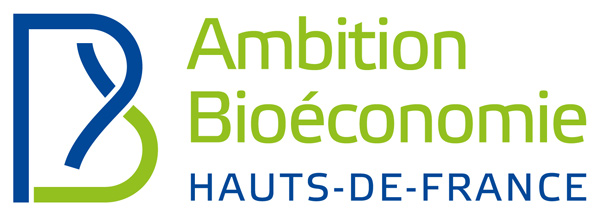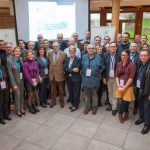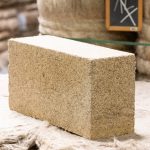TIMOBAT
TIMOBAT – INDUSTRIAL TRANSFER OF AN INSULATION FOAM FOR THE CONSTRUCTION SECTOR

Categories:
Bioresources
Industrial chemistry and biotechnologies
Biobased materials
Implementation period:
01/10/2020 to 31/12/2023
PROJECT LEADER:
LGCgE
Partners:
- University of Artois (LGCgE, UTA, LBHE)
- University of Picardie-Jules Verne (GEC)
- ROQUETTE
- CODEM
Context
The construction sector, one of the mainstays of the economy, ha for may years now been seeking to reduce its environmental footprint via numerous initiatives: limit the consumption of rare raw materials and promote the use of alternative secondary materials, notably from recycling, industrial production and agricultural production; to reduce the energy of fossil energy through higher-performance buildings; favour short supply chains for materials/products and therefore reduce the impact of transportation.
Description
The objective of Project TIMOBAT is to develop an insulation foam for the construction sector for filling conventional structural cavities such as modular walls (wooden frames) or from 3D printing. The project will offer an alternative to non-conventional insulation such as polystyrene, polyurethane and rockwool by providing a mineral-organic foam combining a low environmental footprint with short supply chains/local production. The foam’s components will include:
- Flax shives, by-products from flax crops which has limited commercial outlets, mainly as animal bedding or in the production of bonded fibreboard and, recently, used in the composition of flax concrete;
- Soil from groundworks at construction sites to promote the short supply chain approach and also from industrial activities, such as quarry washing fines;
- A plant-based adjuvant from the region’s main crops processed by the industries located in the region. Project ABIOBAT, proficient in biobased adjuvants, is a sub-section of TIMOBAT, awarded a grant from the Hauts-de-France region due to commence in December 2020 for 30 months, with a thesis to commence on 1 October 2020.
Beyond the formulation studies, the project will enable verification of the transfer of the foam to the industrial scale by means of trials conducted at a pilot unit. The foam should be easy to install as it can be adapted to all shapes and will optimise the error-free filling of the cavity reserved for insulation in the construction design (no cutting required, unlike with prefabricated insulation).
This project falls under the third industrial evolution project being led by the Hauts-de-France region for the rational use of resources and under the theme of “Chemistry, materials, recycling, polymer textiles and composites – design and applications of biobased products” falling within the scope of the Innovation Research Strategy for Intelligent Specialisation.
![]() Vincent DUBOIS vincent.dubois1@univ-artois.fr
Vincent DUBOIS vincent.dubois1@univ-artois.fr
FINANCING:
![]()









